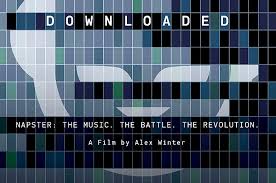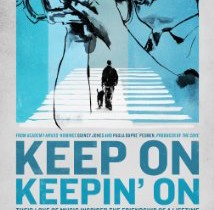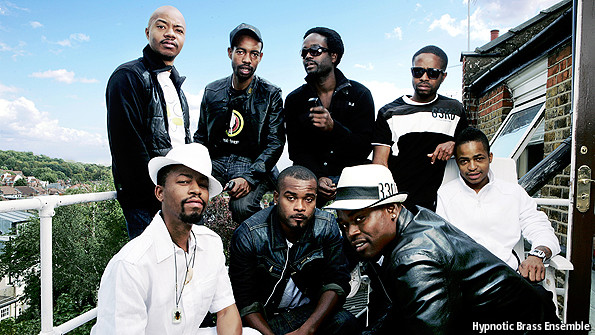 For the ECONOMIST: USERS take for granted how easy it is to share files online today. Providers, such as Google Docs, Dropbox and SendThisFile, make cloud-based file-sharing feel less like a privilege than a right.
For the ECONOMIST: USERS take for granted how easy it is to share files online today. Providers, such as Google Docs, Dropbox and SendThisFile, make cloud-based file-sharing feel less like a privilege than a right.
In “Downloaded”, a new documentary about the rise and fall of Napster between 1999 and 2001, Alex Winter, the director (and also Bill from “Bill & Ted’s Excellent Adventure”) reminds us that this wasn’t always the case. A little more than a decade ago, sharing mp3 music files was an extraordinary technological and cultural phenomenon. And the debate that Napster sparked over music ownership, fan distribution, and artist royalties is still affecting the music industry today.
Napster’s system, which allowed fans to upload and share millions of music files for free, circumvented the music industry’s business model and agitated artists. The film features a decade’s worth of interviews with Napster’s founders and developers, Shawn Fanning and Sean Parker (pictured above), record label executives and musicians. The archive footage is revealing: Trent Reznor despised it, David Bowie wasn’t quite sure what to think and the Spice Girls seem mostly unaware of what was happening. Industry figures such as DJ Spooky, Chris Blackwell and Henry Rollins lend weight to the film but Noel Gallagher seems slotted in for star power.
The film depicts Mr Fanning and Mr Parker as innovative heroes ahead of their time who were ambushed by a colossal music industry with sharp lawyers. Mr Fanning is presented as a tech martyr; a smart but young and introverted entrepreneur who couldn’t manage his company’s growing influence. 1990s MTV footage shows the two baby-faced founders in their early coding days. In clips from the Daily Show John Stewart puts a David and Goliath spin on the company’s developments, relishing in their ability to catch the industry off-guard. Within a few years Napster was shut down due to copyright infringement after being sued by Metallica, Dr Dre and several major record labels.
Music fans today have more power and access: they can quickly download or stream mp3s through now-ubiquitous services like Spotify, Rdio, and Pandora; they crowd-fund concerts via music start-ups like Songkick; and they fund albums via Kickstarter. Only a handful of large music companies remain and a host of online services, such as Topspin, SoundCloud, Bandcamp, and ReverbNation put more digital tools in the hands of musicians.
“Downloaded” argues that all of these companies took the baton from Napster. Despite its ultimate failure, it took control away from big business and put it into the hands of users. “Napster was never just about ‘free’,” Mr Winter said after a recent screening in San Francisco. “It was a youth revolt against a byzantine empire. Napster was a global community. That blew my mind. There was something seismic about it.”
Some have criticised the film for not probing the morals and ethics involved in creating Napster. Mr Winter does not force his interviewees to answer those questions, and he should have. The final scene shows Mr Fanning today, standing on a beach looking pensive. “[Fanning] is an intense dude, and he’s come so far since,” Mr Winter said, referring to Fanning’s continued career as a technology entrepreneur despite his early set-back. “I wanted to show the personal side of Fanning, to paint a picture of him as idiosyncratic and complex.”
Mr Winter never fully explains Mr Fanning’s and Mr Parker’s motivations: his film wants the viewer to believe they had a vision to overturn the music industry’s business model, but in interviews they appear to be two cocky young men with no long-term plan. While Mr Winter gives plenty of airtime to Napster’s desire to work with the industry to develop a model that could have worked for everyone, interviewees seem naive and fail to articulate a clear vision of what that model would have looked like. iTunes, which has been developing its vast catalogue of $0.99 songs since 2000, looks like a grown-up, polished version of what Napster was aiming for. This film, however, seems designed as a reminder that Napster was first to do what it did, for better or for worse.
“Downloaded” was produced by VH1 and is available to view on several On Demand platforms.



